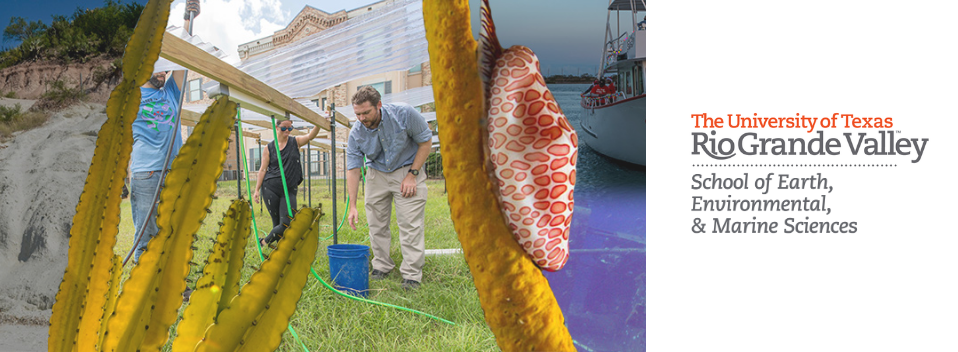
School of Earth, Environmental, & Marine Sciences Faculty Publications
Document Type
Article
Publication Date
4-8-2022
Abstract
Foodborne pathogens such as Salmonella, E. coli O157:H7, and Listeria monocytogenes are known to survive under different environmental stresses with an effect on their physiological properties. The purpose of this study was to determine the effect of different environmental stresses on the foodborne pathogens response to subsequent chemical treatments. Three types of pathogens Salmonella, E. coli O157:H7, and Listeria monocytogenes were subjected to different environmental stresses: (i) Desiccation (ii) high salt (iii) low pH, and (iv) temperatures (14, 23, and 37 °C) during their growth. The cells harvested at their early stationary growth phase were subsequently subjected to chlorine (100 or 200 ppm), peracetic acid (40 or 80 ppm), and 0.5% lactic acid treatments. The results showed that pre-growth stress conditions have significant effect on the reduction of tested pathogens depending upon the type of chemical treatment. Salmonella showed the highest sensitivity against all these treatments when compared to E. coli O157:H7 and Listeria monocytogenes. In addition, Listeria monocytogenes showed the highest percentage of sub-lethally injured cells. These findings highlighted the need to consider pre-growth conditions as an important factor for the validation of physical and chemical intervention treatments.
Recommended Citation
Singh, A.; Yemmireddy, V. Pre-Growth Environmental Stresses Affect Foodborne Pathogens Response to Subsequent Chemical Treatments. Microorganisms 2022, 10, 786. https://doi.org/10.3390/microorganisms10040786
Creative Commons License

This work is licensed under a Creative Commons Attribution 4.0 International License.
Publication Title
Microogranisms
DOI
10.3390/microorganisms10040786


Comments
© 2022 by the authors. Licensee MDPI, Basel, Switzerland.